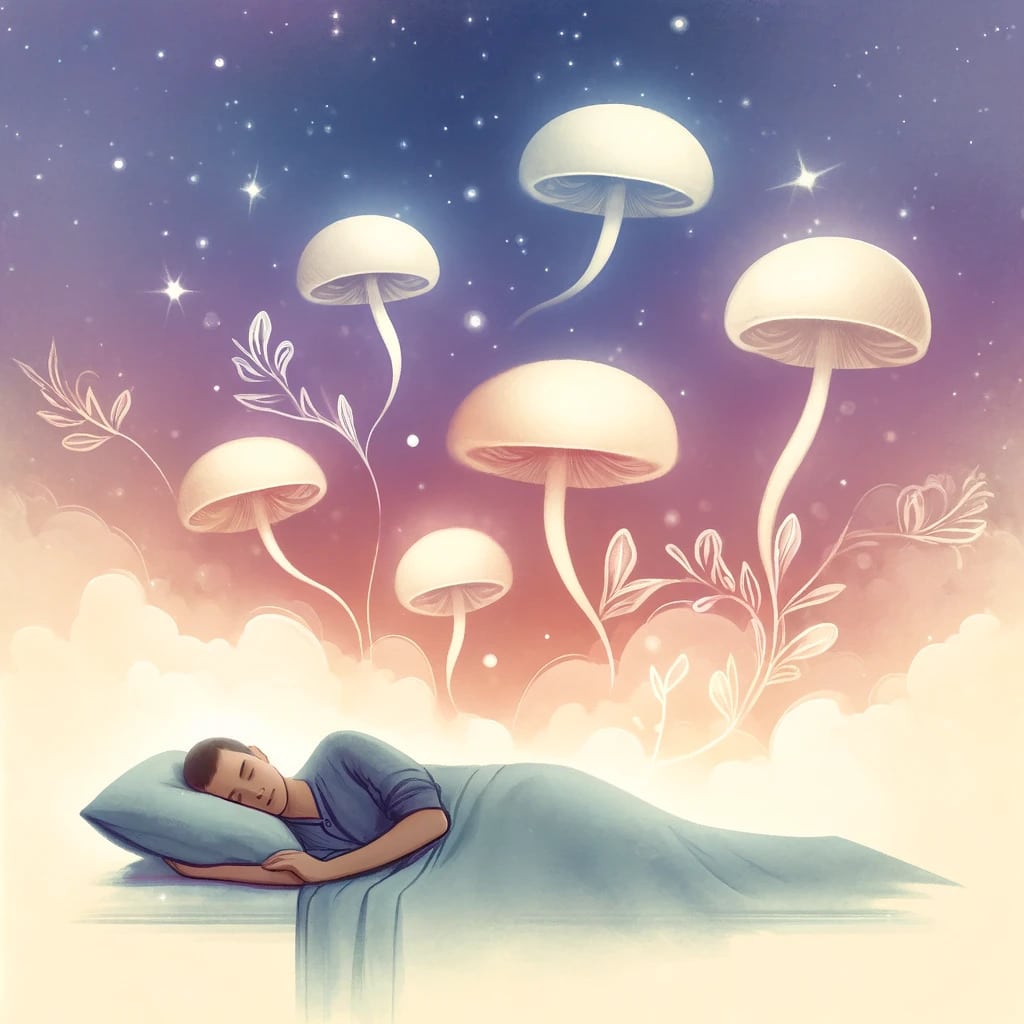
The effects of psilocybin mushrooms have been studied for decades, but how do magic mushrooms actually affect sleep? Using magic mushrooms can bring many benefits, but some research seems to indicate that they can disrupt your sleep patterns. Below you can read more about what is known about magic mushrooms and your sleep.
Scientists believe there is a link between sleep and the psychoactive substance psilocybin in magic mushrooms. When you use magic mushrooms, the liver breaks down psilocybin and converts it to psilocin. It then binds to the serotonin receptors, after which serotonin is produced. This is a neurotransmitter that affects your mood, as well as your sleep. Therefore, in many cases, mind-altering drugs cause vivid and intense dreams.
On the other hand, psilocybin has been shown to cause slower brain waves (Slow wave activity) in the brain during sleep. These slow brain waves occur when you sleep deeply and are critical for memory and emotion regulation. Also, psilocybin can actually cause you to take longer to enter the REM sleep phase. Thus, it is not yet clear exactly what the effect of psilocybin in magic mushrooms is on sleep.
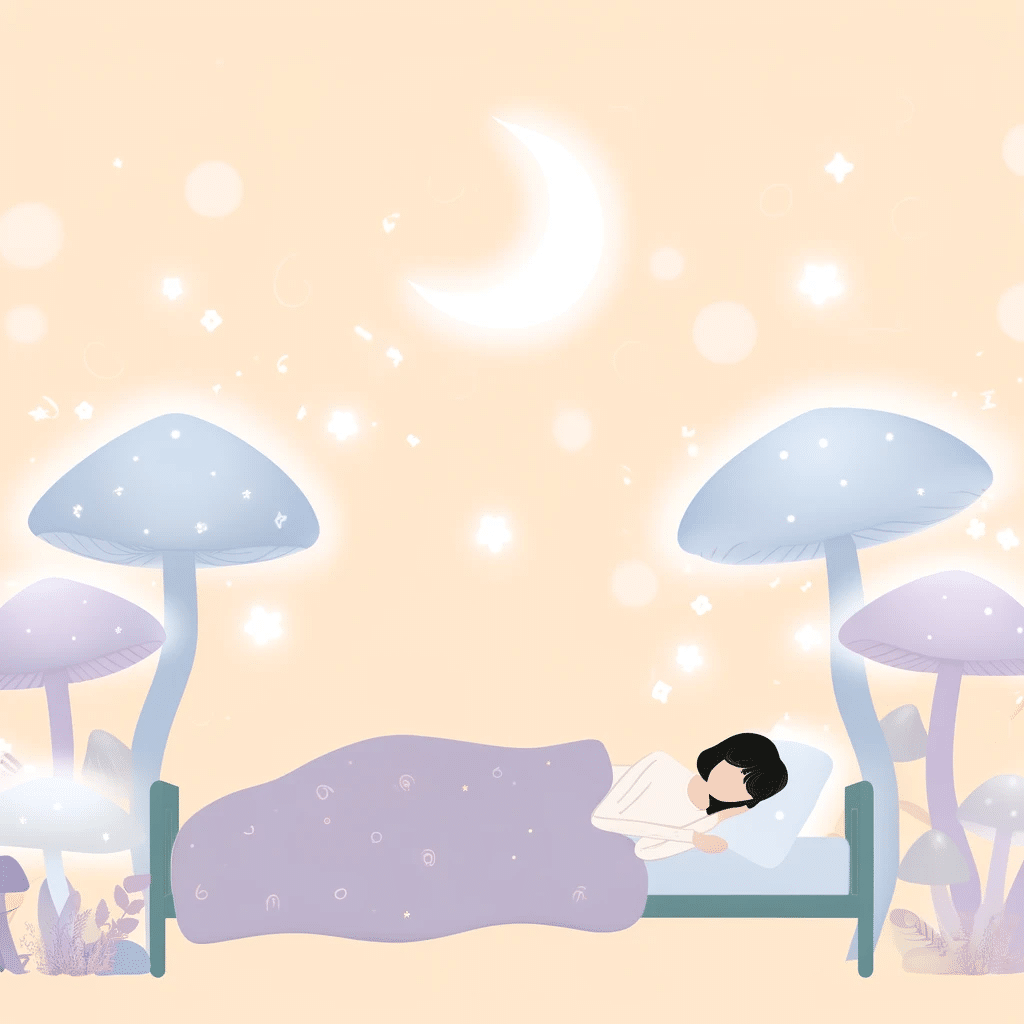
In general, mind-altering drugs have a negative impact on sleep. But many people who use psychedelics recreationally believe it can improve their sleep. There are also people who suffer from mental disorders. They report that psilocybin can relieve their symptoms, which often interfere with their sleep. For example, they feel calmer or suffer less anxiety.
Yet not much scientific research has been done on this that shows that psilocybin can help your sleep in this way. This may also involve a placebo effect.
One way mushrooms might be used to sleep better is by microdosing. You then take such a small dose of psilocybin that you will not suffer from the mind-altering effects. Microdosing brings many benefits. People report that it helps reduce anxiety and stress, making them feel better about themselves. And if you fret less and are less tense, falling asleep and sleeping through often goes much better. So it has no direct effect on your sleep, but indirectly psilocybin can have a positive influence on sleep.
Because psychedelics affect serotonin activity, they can disrupt your sleep patterns. Serotonin is a neurotransmitter that helps your brain move from one stage of sleep to the next. If the production of this substance is disrupted, you may not enter the REM sleep phase. It is precisely at this stage that you process emotions and rest well. As a result, it can affect your memory, learning ability and thought processes. This is similar to the fact that people taking antidepressants, such as SSRIs, report being very tired but still cannot sleep.
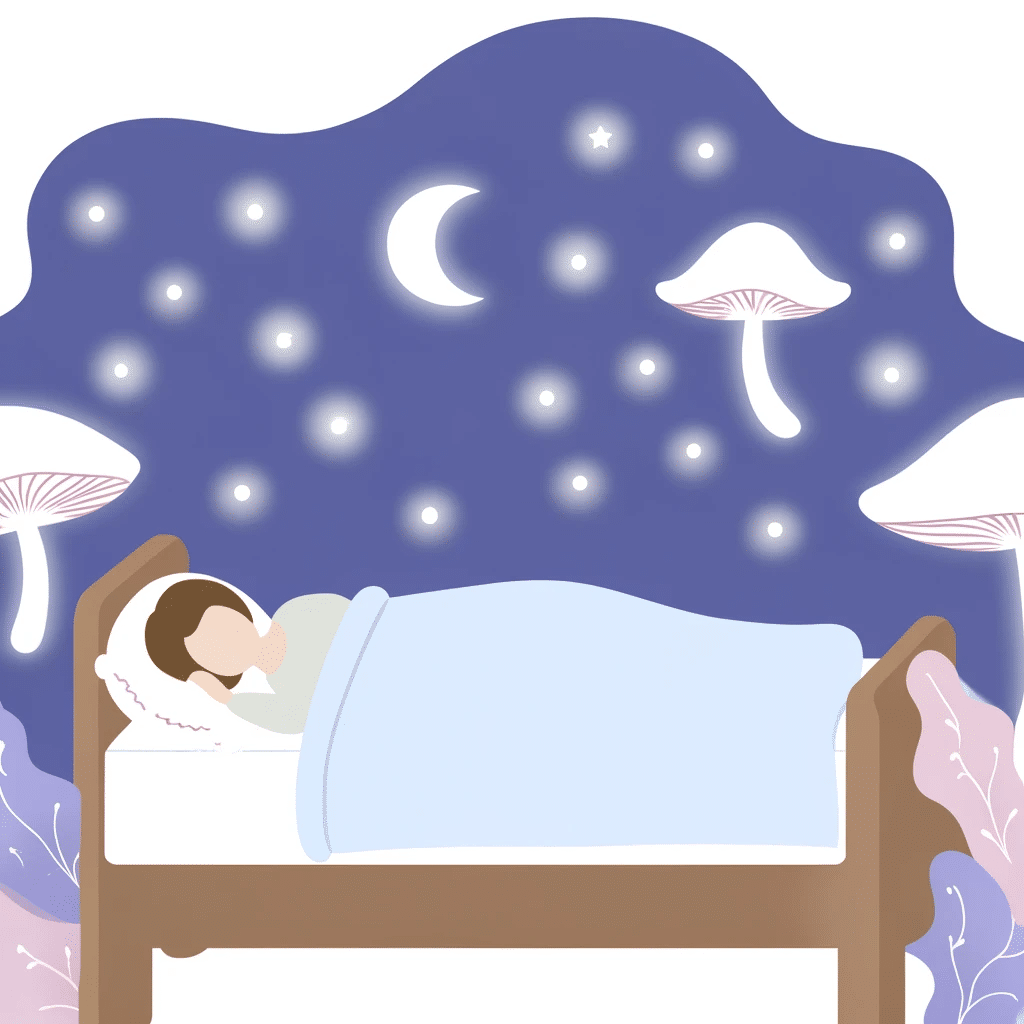
Shrooms are a very safe mind-altering drug that is also non-addictive. Still, then, there are possible drawbacks to using it, as it can disrupt your sleep. Psilocybin can affect brainwave patterns in this regard. One study found that participants who had taken psilocybin showed an increase in high-frequency brain waves. This means they were more alert and awake.
Yet much is still unknown about psilocybin’s influence on sleep. There is still much we do not know about the substance itself, how it affects the brain and how long effects last. Thus, you might be able to trip in the morning without any problems, without affecting your sleep that night.
Microdosing can also be a good option for better sleep, as it can help with mental symptoms, such as anxiety, depression, uncertainty, fretting and stress. Then keep in mind that it is better not to take your dose right before sleeping. Many participants report that microdosing is stimulating, giving them an energy boost.
In addition, microdosing can also affect the quality of your sleep, even if you only take a very low dose. Psilocybin can cause you to have more trouble falling asleep or it disrupts your sleep patterns. Because it potentially disrupts your sleep, you may actually feel more tired the following day. Similarly, taking a microdose before sleeping may cause you to dream more and more intensely, which is also not conducive to your sleep.
If you want to microdose, take your dose in the morning. That way, you’ll take full advantage of the energy boost, improved concentration and creativity, and an upbeat mood. Because you are comfortable in your own skin and suffer less anxiety or stress, microdosing will most likely allow you to sleep better as well. Check out our shop for different microdosing options.

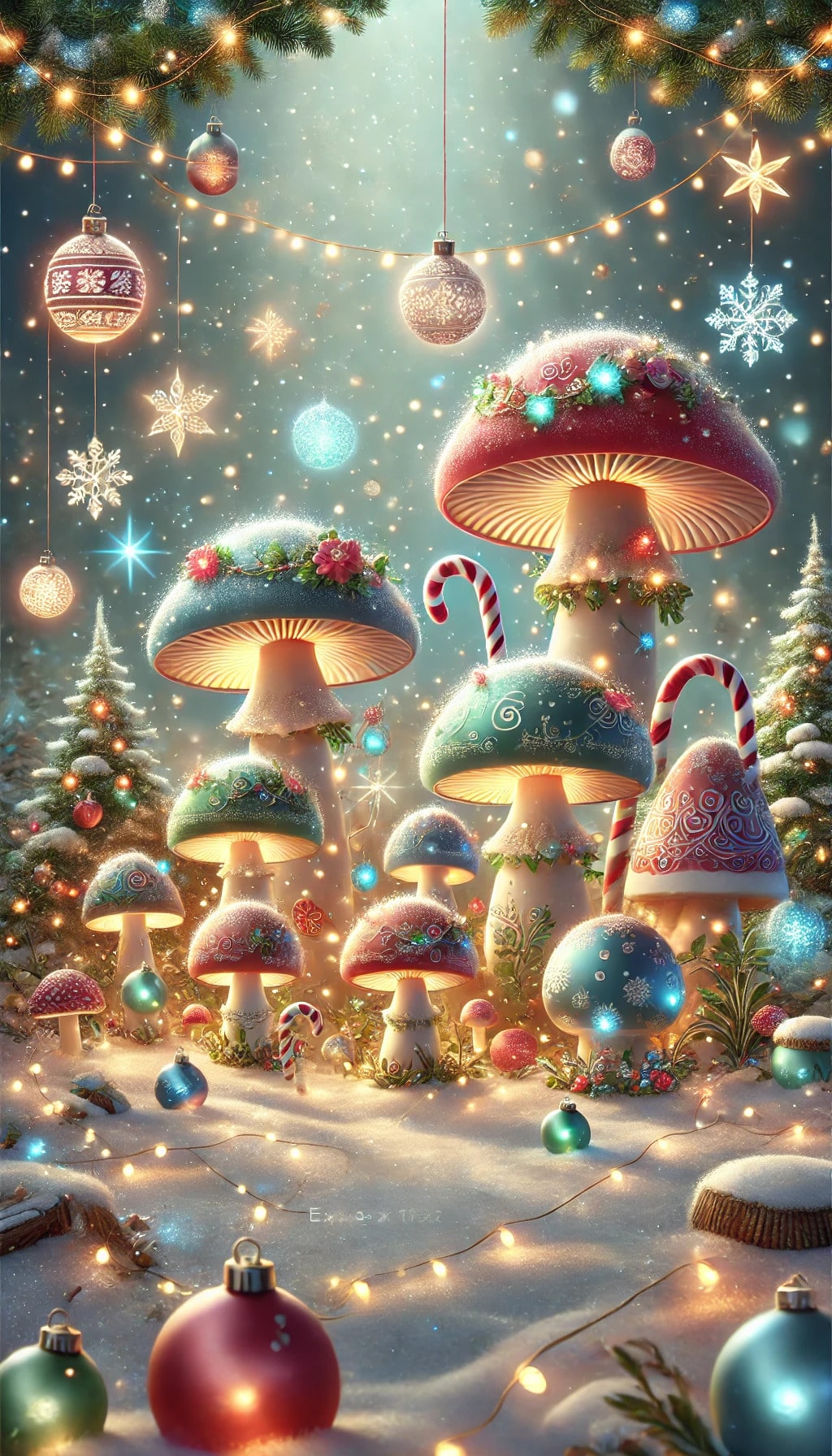
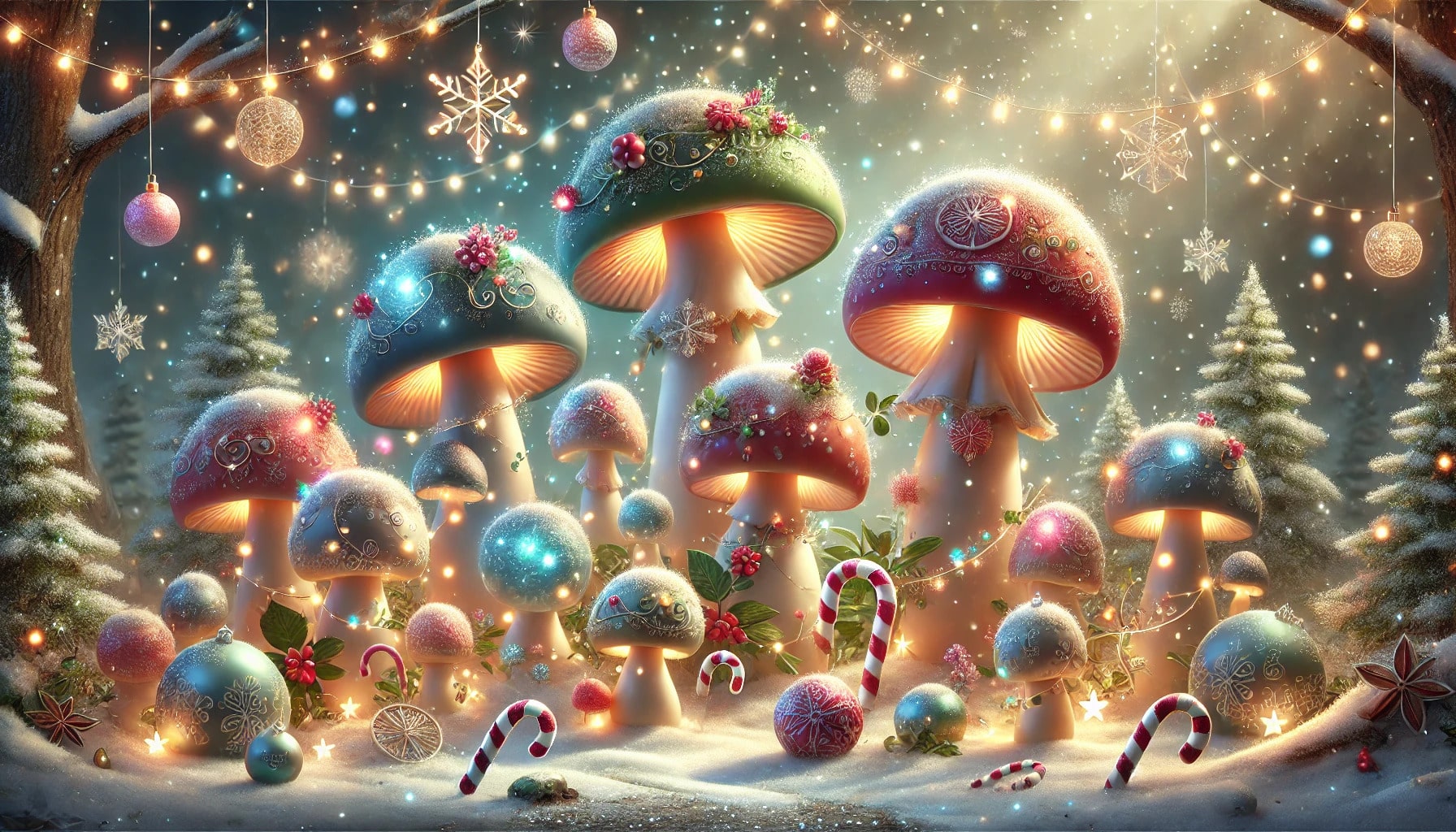
Valid from Dec 17 to Dec 27, 2024
Use the code below at checkout to receive 10% off the entire order.

